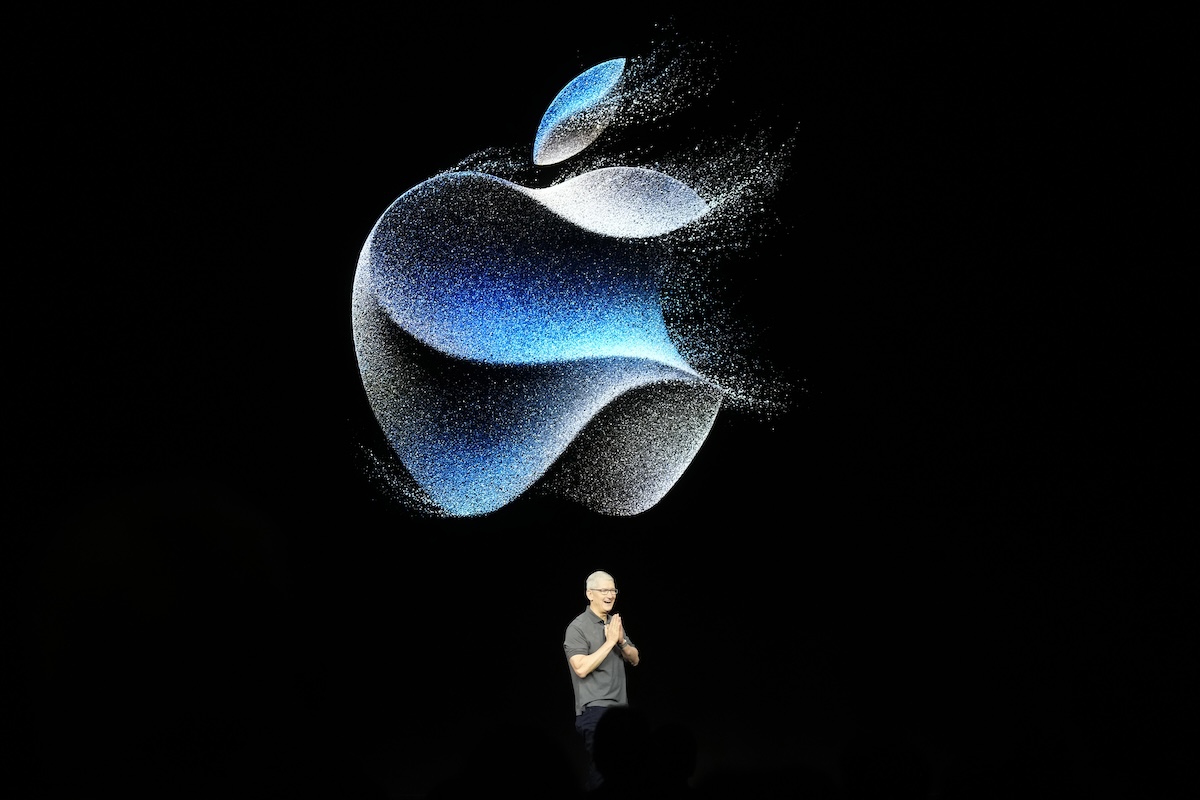We all know that person who always seems to have the latest Apple gadget. In many ways, Apple products have become a status symbol. While there is a dedicated and loyal group of Apple fans who believe there are no other options and those who view these products as an external signal to the world that they are superior, most of us consider an array of factors when deciding which products to buy or streaming service to select. Apple is certainly a leading brand, but is it a monopoly?
On March 21, 2024, the Department of Justice (DoJ) and the attorneys general of 16 states announced an antitrust case against Apple for allegedly monopolizing the smartphone market. This is just the latest in a string of antitrust actions against America’s leading successful tech companies, which have been portrayed as villainous by both progressive and conservative policymakers over the past few years. But this latest case illustrates how much is misunderstood by regulators in their misguided attempts to “break up big tech.” If these antitrust actions are successful, not only could they change the way we experience innovation and technologies like social media and smartphones, but they could also set precedents for further government intervention into many competitive markets and shift the focus away from what consumers—whom government agencies claim to be protecting—actually want.
One big issue with the DoJ case is that to make Apple appear to be a monopoly, it must create a definition of a market that does not really exist. Apple has less than 30% of the smartphone market globally and just over 60% of the market in the United States. To try to show greater dominance, the DoJ has defined the market as just “luxury” smartphones, but consumers are unlikely to make such distinctions and prefer to look at many different aspects of a product.
Why people choose a specific smartphone varies and people place different values on different features. Some are looking for specific security or privacy features. Others care about the quality of the camera or the availability of certain apps. Some are looking for certain processing functions or types of charging. A key problem in the government case is that it presumes that all consumers value the same features in the same ways.
The most notable example of this is the government’s assertion that Apple products create a social stigma for green bubbles. The idea that the “social stigma” of the type of message a text was sent in is a market failure that requires government intervention seems absurd at face value, but it becomes even more ludicrous upon deeper examination. For example, for those looking for group texts with a mix of Android and Apple devices, there is a range of other popular messaging apps, including WhatsApp, Signal, and Telegram.
This raises the question, What would happen if the government got its way? Many of the features that make Apple products unique would no longer be acceptable, including the security of a closed ecosystem that the brand has used to distinguish itself and build consumer trust. Most likely, an iPhone would be less user-friendly out of the box, and all smartphones would become even more similar with less of a potential for innovation or distinction. The government—not innovators or consumers—would decide what the trade-offs between features should be.
This again illustrates why the consumer welfare standard is critically important in antitrust. This standard provides an objective, economic analysis that focuses on what antitrust law was designed to do: ensure that consumers benefit from proper free market competition. Competition will always hurt rival competitors who may make different choices or find that consumers don’t prefer their products. Similarly, businesses often have disputes with one another when interacting, and the same is true in the online and smartphone space as in more traditional offline spaces. We would accept that Walmart and Target can set the rules for what they sell and how they sell it, and if a supplier didn’t like that, there would be a negotiation or they would choose another store to sell in. We might also find frustrating or even distasteful the amount a mall might charge a certain store for rent, but we would not think it required the government’s powerful antitrust intervention. In many cases, issues like the appropriate pricing and selection of apps in Apple’s App Store are similar. There are better tools to deal with concerns between businesses, such as contract law.
When it comes to antitrust, the real question should be whether a company is successful because it is providing a product that consumers want or because it is using anti-competitive practices that manipulate a market and harm consumers. We should applaud companies that create innovative products that serve consumers, even if for a time they are considered “monopolies.” Oftentimes these “monopolies” are short-lived because rivals find ways to provide similar or even better products and services. Just two decades ago, antitrust concerns in the tech space were focused on companies like MySpace, Yahoo, and AOL. In the end, though, innovation turned out to be the best competition policy, not government intervention.
Unfortunately, today’s regulators seem to have returned to a “big is bad” mentality that could harm consumers in the process by fundamentally changing the products they enjoy. The Apple case is just one in a growing list of examples of this mentality from both the DoJ and the Federal Trade Commission.
Consumers choose Apple products not because they have no choice but for a variety of reasons. Like Coke drinkers or Starbucks loyalists, Apple fans typically think their products are superior and will choose them even if it means sacrificing other features that some—like Pepsi drinkers or Dunkin’ loyalists—may prefer. But, as with smartphones, what we choose often comes down to the subjective value a consumer may perceive. For the government to dictate those options by antitrust action in a competitive market would result in less competition and innovation, not more.

